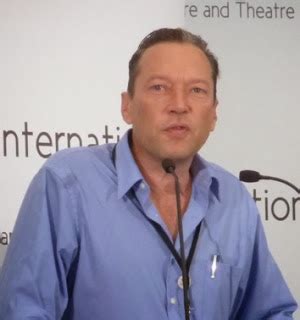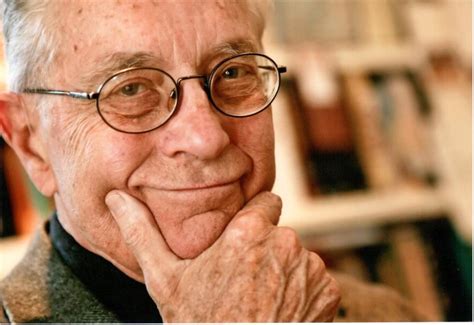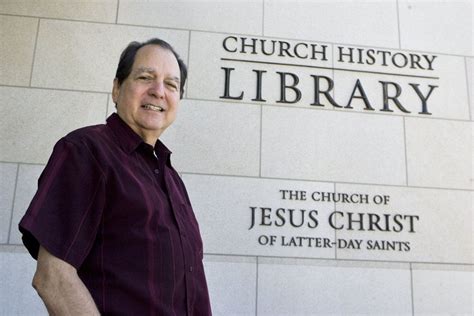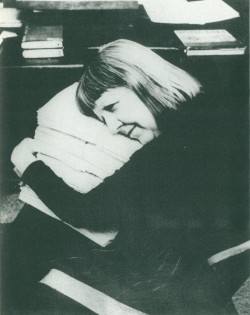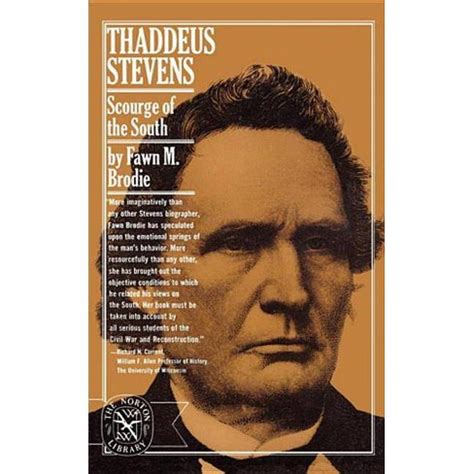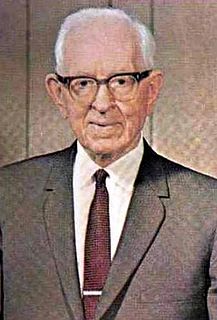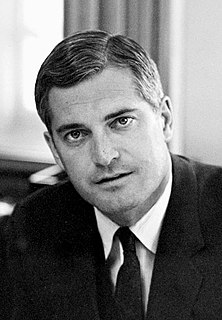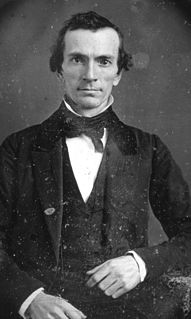A Quote by Scott Anderson
The principle of plural marriage was revealed to the Mormons amid much secrecy. Dark clouds hovered over the church in the early 1840s, after rumors spread that its founder, Joseph Smith, had taken up the practice of polygamy. While denying the charge in public, by 1843 Smith had shared a revelation with his closest disciples.
Related Quotes
The 19th century Mormons, including some of my ancestors, were not eager to practice plural marriage. They followed the example of Brigham Young, who expressed his profound negative feelings when he first had this principle revealed to him. The Mormons of the 19th century who practiced plural marriage, male and female, did so because they felt it was a duty put upon them by God.
The Prophet had made dishonorable proposals to my wife... under cover of his asserted 'Revelation.'... Smith told his wife Jane the Lord had commanded that he should take plural wives, to add to his glory... Joseph asked her to give him half her love; she was at liberty to keep the other half for her husband.
... over two hundred women, apparently at their own request, were sealed as wives to Joseph Smith after his death in special temple ceremonies. Moreover, a great many distinguished women in history, including several Catholic saints, were also sealed to Joseph Smith in Utah. I saw these astonishing lists in the Latter-day Saint Genealogical Archives in Salt Lake City in 1944.
In politics, Joseph Smith was something of a radical. He preached, instead of democracy, a version of theocratic rule within a framework given by his own prophetic leadership. At Nauvoo, Smith affected a Napoleonic uniform and made himself into a general and quasi king of the polity he had constituted.
I honor and revere the name of Joseph Smith. I delight to hear it; I love it. I love his doctrine. I feel like shouting Hallelujah, all the time, when I think that I ever knew Joseph Smith, the Prophet whom the Lord raised up. I am bold to say that, Jesus Christ excepted, no better man ever lived or does live upon this earth. I am his witness.
One major difference between Mormons and evangelicals on the subject of revelation is that Latter-day Saints believe that God has appointed modern-day prophets and apostles to receive revelation for Christ's church. All church members may receive revelation appropriate for their particular callings or positions within the church and their families, but never in contradiction to church doctrine or policy. So Mormonism has both a democratic practice of revelation that would resonate with evangelicals, but also an institutional understanding of revelation foreign to evangelicalism.
When Joseph Smith, Jr. was there we had some conversation in which in every instance I did not fail to affirm that what I had said was strictly true. A dirty, nasty, filthy affair of his and Fanny Alger's was talked over in which I strictly declared that I had never deviated from the truth in the matter, and as I supposed was admitted by himself.
For the Christ of whom I speak has been revealed in this, the Dispensation of the Fulness [sic] of Times. He, together with His Father, appeared to the boy Joseph Smith in the year 1820, and when Joseph left the grove that day, he knew more of the nature of God than all the learned ministers of the gospel of the ages.
